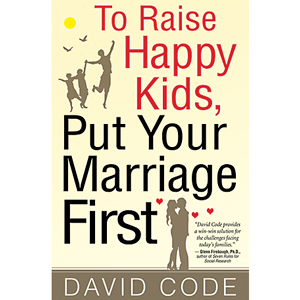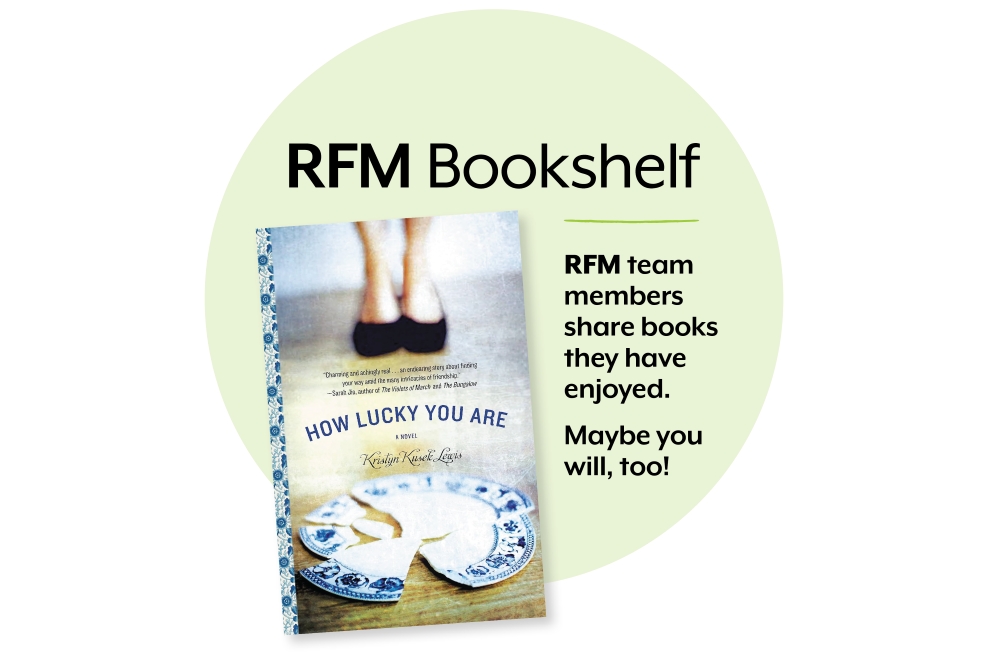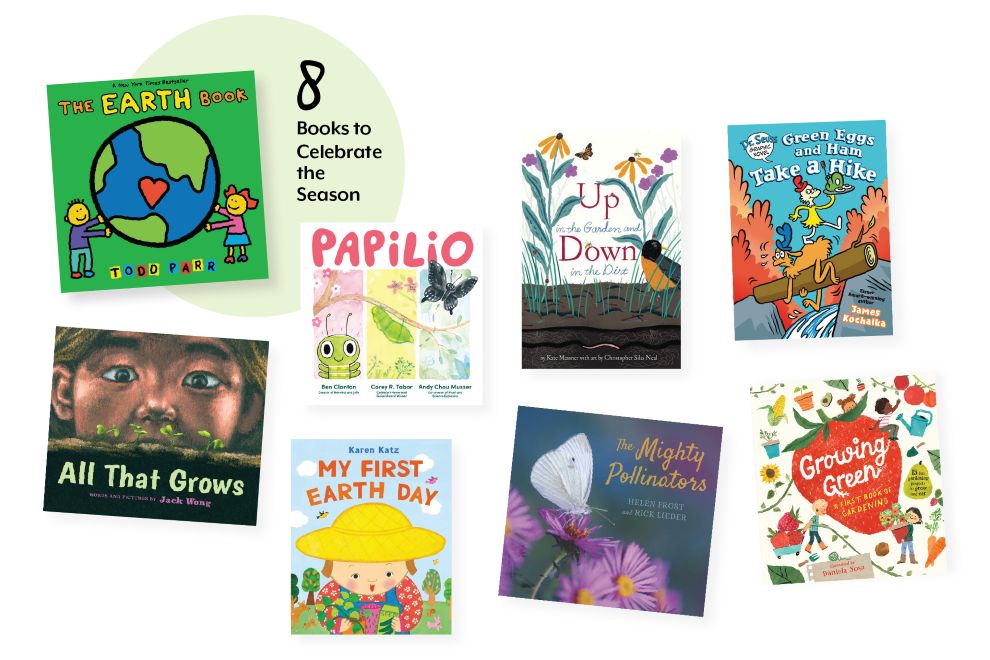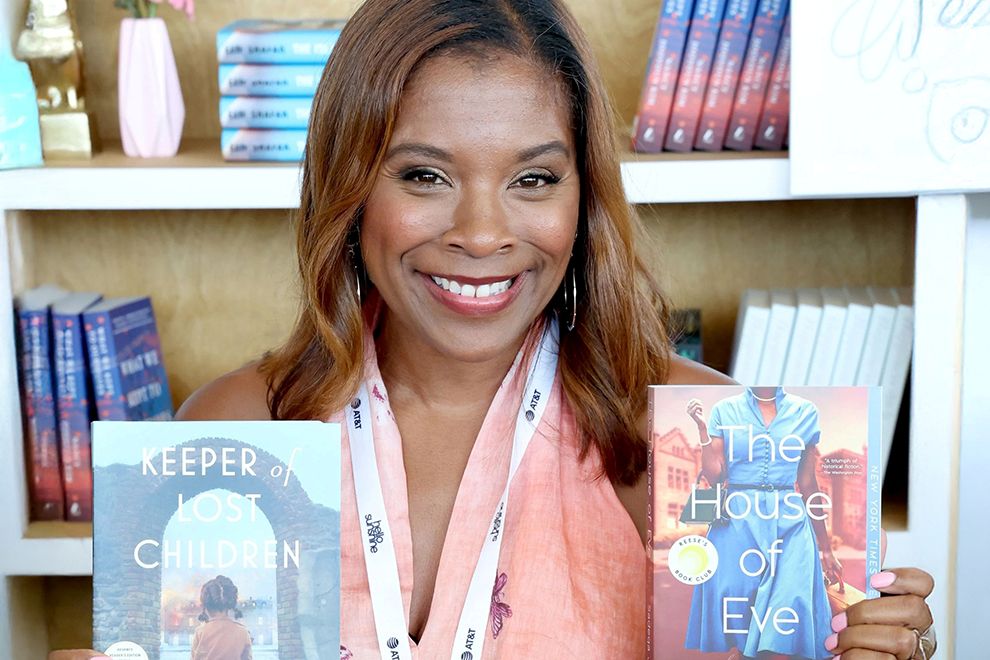 Maybe, it’s because I’ve always been crazy for monkeys and I traveled to the Ecuadorian rainforest just to catch a glimpse of them in the wild, but I just love that Code avoids the same, tired anecdotes of families in crisis to make his point. These past few months, I’ve read enough hypothetical scenarios to last me a lifetime so when Code focused on our connection to the animal world and supported his claims by sharing examples from Jane Goodall’s revealing research on chimpanzees, I was hooked.
Maybe, it’s because I’ve always been crazy for monkeys and I traveled to the Ecuadorian rainforest just to catch a glimpse of them in the wild, but I just love that Code avoids the same, tired anecdotes of families in crisis to make his point. These past few months, I’ve read enough hypothetical scenarios to last me a lifetime so when Code focused on our connection to the animal world and supported his claims by sharing examples from Jane Goodall’s revealing research on chimpanzees, I was hooked.
The first part of To Raise Happy Kids, Put Your Marriage First addresses how we hurt our kids without realizing it: we project our anxiety onto our kids, we kill our kids with kindness, and we hurt those we love the most. While we are doing none of these things intentionally, the behaviors, nonetheless, are detrimental to our children’s well-being. Code makes an extremely convincing case as to why so many kids today are suffering from emotional and health problems. Their parents.
“Projection onto Our Children is an unconscious defense mechanism, triggered by a well-intentioned but primitive part of the human brain. Our brain is trying to save us from pain by diverting our attention from our unpleasant anxiety (regarding our distant relationship) to a more pleasant and reassuring image (e.g., becoming best friends with our children or putting them first in our lives).” In other words, while blowing our child’s small problem out of proportion saves us from dealing with our pain, Code argues, it does so at the expense of our children’s well-being.
This is not entirely our fault. Since so many of us parent in isolation, far from family both literally and figuratively thanks to demanding careers, Code explains “we lack the reassuring wisdom and mentoring of the older generations. Instead, we face the disparate, demanding voices of experts who communicate via schools and the media.” Many parents feel like they are “doing it wrong” and will over-parent to compensate. “Giving our kids more attention may make us feel like good parents in the short term, but our gift of attention is tainted by neediness.”
Essentially, we need to take a lesson from the eagle, which pushes its child from a cliff-top nest to teach it how to fly for “weaning is a much more important transition than we realize. In fact, our emotional weaning as children affects our future personalities, our attitudes, and the way we interact in relationships.” Code argues that we need to stop worrying about minimizing our children’s emotional scars and teach them how to weather a storm instead because when we rescue our children from everything, including boredom, we set them up for failure as an adult.
Essentially, Code reminds us of what we already know – there has to be a balance between tending our marriages and nurturing our children. Then, why is it so hard to do? Because as child psychologist Madeline Levine observes, “When a marriage is cold, a child’s bed is warm.” Until our marriages meet our intimacy needs, Code argues, we will continue to marry our children; thereby preventing them from building their own identity, learning self-reliance, and becoming happy, independent adults.
Personally, I think To Raise Happy Kids, Put Your Marriage First captivates me because it doesn’t follow the typical step-by-step approach of so many of these parenting books. It’s more about a state of mind. My girls know I’m a sucker for books so they often plead for just one more at bedtime. When I told them the other night that I wasn’t going to read any more because I wanted to go downstairs and spend some time with Daddy, they looked shocked. Usually, I tell them I have chores to do or work to finish and, since I suppose they can sense that I’d rather be there with them, they continue begging. But this time, there was silence. At least until my youngest started crying, “But I want to stay up and play with Daddy, too.” Thanks to a little nudge from Code, I insisted, “Tonight, Daddy is all mine.”




